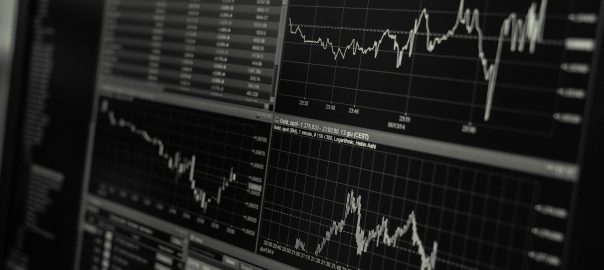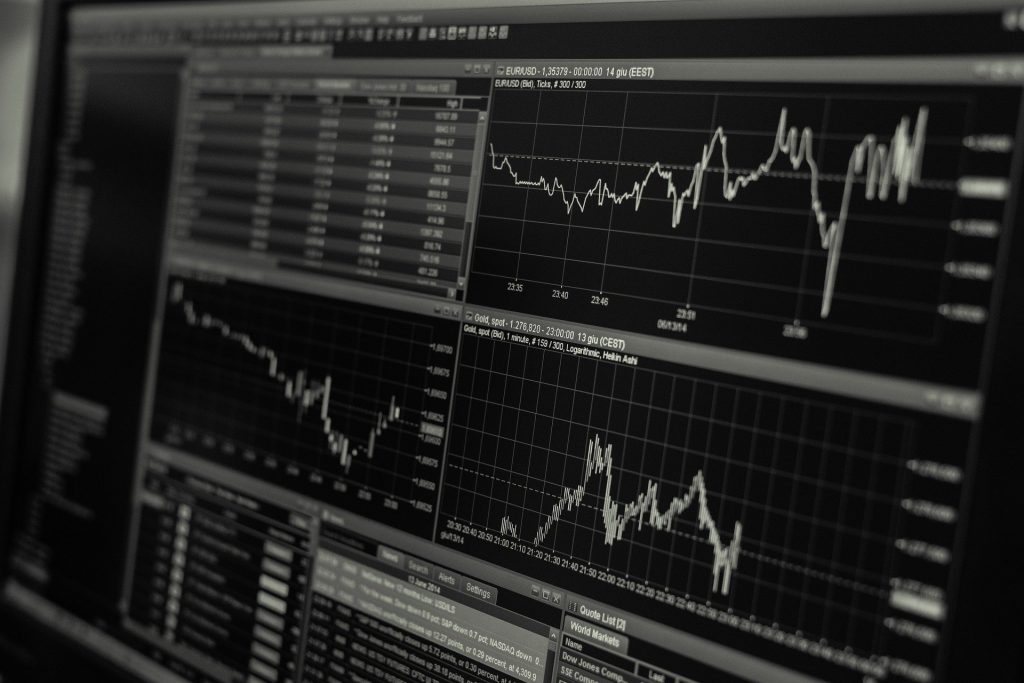As airlines struggle to recover from COVID-19 losses, United Airlines displayed its new model for front-of-the-plane seats. The new seats, which will be used on narrow-body domestic flights, include wireless armrest charging stations, setback screens, large tray tables, privacy barriers between seats, and winged headrests to increase comfort.

Other airlines, including JetBlue and Delta, have also upgraded their seats recently in hopes of attracting travelers who are interested in paying higher fees for additional luxury.
United’s new seats will soon be showcased on the Boeing 737. They are being manufactured by aviation technology group, Safran. Mark Muren, managing director of identity for United, said, “There’s no one seat that can probably fulfill all of our needs but this is the one we want to build our future around in the domestic space”.



